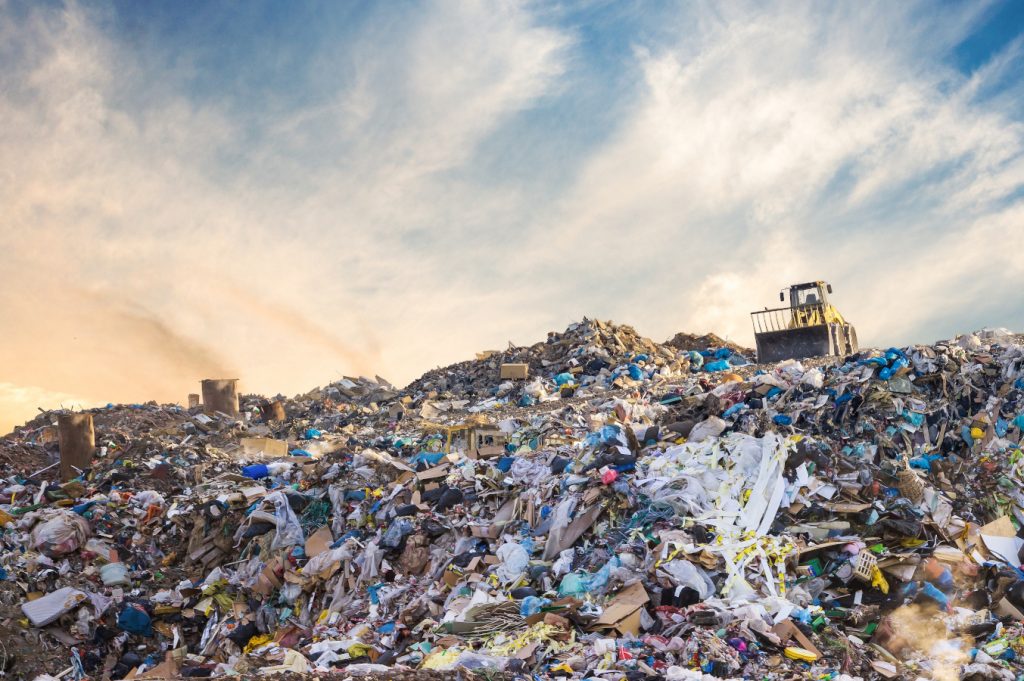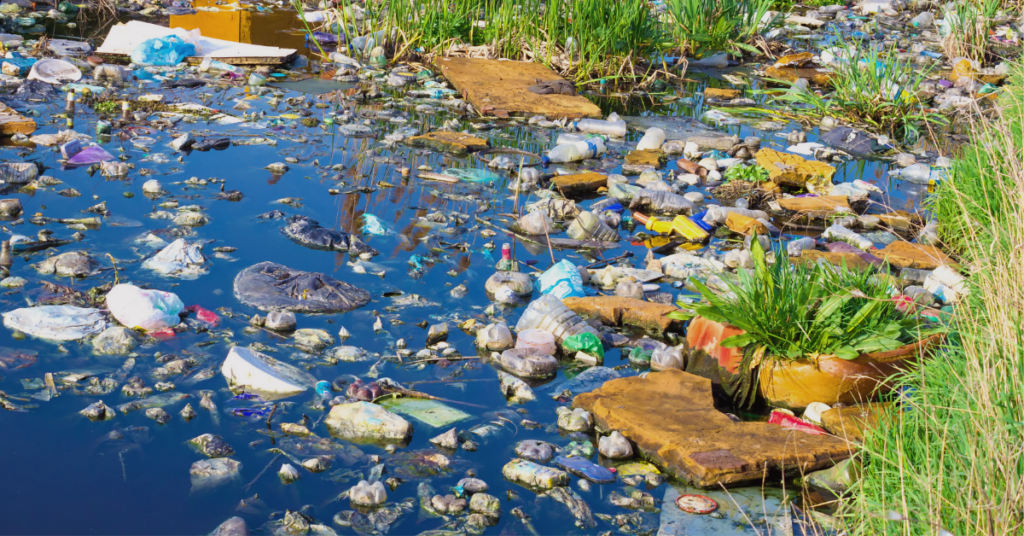Fifty groups call on Canada to lead the global effort, including a more comprehensive ban on harmful plastics and shifting to reuse
Toronto | Traditional territories of the Huron-Wendat, the Anishnaabeg, Haudenosaunee, Chippewas and the Mississaugas of the Credit First Nation – Environmentalists from across Canada are calling on Environment Minister Steven Guilbeault and Prime Minister Justin Trudeau to take immediate steps to curb plastic pollution in order to meet its commitment to zero plastic waste by 2030. Signed by 50 organizations, the statement urges the government to move quickly with measures beyond the proposed ban of some single-use plastics.
“Plastic contributes to climate change and causes disproportionate harm in communities living next to production and waste treatment facilities,” said Karen Wirsig, Plastics Program Manager at Environmental Defence. “Canadians are well aware of the environmental crisis that plastic causes and know we can’t wait for industry to fix the problem. The federal government needs to act to eliminate all unnecessary single-use plastics by the end of the decade and make refillable and reusable packaging and containers more affordable and accessible across the country.”
Each year, more than four million tonnes of plastic is produced in Canada and 3.3 million tonnes of it is thrown away. Every day, some 8,000 tonnes end up in landfills, incinerators or the natural environment. Polling confirms that Canadians, who are among the top per capita users of plastic in the world, are overwhelmingly concerned about plastic pollution.
“To end the crisis of plastic in our oceans, Canada must produce and use less single-use plastic, year-over-year. Although the proposed ban on six single-use plastics is a critical first step in ending Canada’s contribution to the global plastic pollution crisis, the proposed regulations should be expanded to include more items and have an accelerated timeline,” said Oceana Canada’s campaign director, Kim Elmslie. “The regulations must not allow Canada to export banned plastics to other countries, and should never allow for one plastic item to be substituted for another.”
The groups underscore that banning six single-use plastics is not enough, on its own, to address the crisis.
“Domestic action must be matched by international leadership to tackle the global problem of plastic pollution,” said Lisa Gue, National Policy Manager with the David Suzuki Foundation. “Countries are beginning to discuss a new global plastics agreement, ahead of the UN Environment Assembly later this month, but so far Canada is sitting on the sidelines. We’re calling on the government to support a legally-binding global treaty that addresses the full lifecycle of plastic, from production to use to waste.”
The groups are calling on the government to reject thermal treatment of waste—what industry calls ‘advanced recycling,’ which is unproven, expensive, polluting and requires the continued production and disposal of throwaway plastic.
“We’re not going to recycle our way out of this problem,” said Emily Alfred, Waste Campaigner with the Toronto Environmental Alliance. “The government must reject the idea of ‘advanced recycling’ which mostly consists of burning plastic for energy or fuel. New rules should also require companies to change packaging and eliminate toxic additives so that anything that isn’t reduced or reused is recycled safely.”
The full statement including the full list of signatories is available here.
Environmental Defence is a leading Canadian advocacy organization that works with government, industry and individuals to defend clean water, a safe climate and healthy communities.
The David Suzuki Foundation is a leading Canadian environmental non-profit organization, collaborating with all people in Canada, including government and business, to conserve the environment and find solutions that will create a sustainable Canada through evidence-based research, public engagement and policy work. The Foundation operates in English and French, with offices in Vancouver, Toronto and Montreal.
Oceana Canada was established as an independent charity in 2015 and is part of the largest international advocacy group dedicated solely to ocean conservation. Oceana Canada has successfully campaigned to end the shark fin trade, make rebuilding depleted fish populations the law, improve the way fisheries are managed and protect marine habitat. We work with civil society, academics, fishers, Indigenous Peoples and the federal government to return Canada’s formerly vibrant oceans to health and abundance. By restoring Canada’s oceans, we can strengthen our communities, reap greater economic and nutritional benefits and protect our future.
About the Toronto Environmental Alliance (TEA): For over 30 years, the Toronto Environmental Alliance has campaigned locally to find solutions to Toronto’s environmental problems. As a not-for-profit organization, we work with communities to advocate for a green, healthy and equitable city.
– 30 –
For more information or to request an interview, please contact:
Lauren Thomas, Environmental Defence, lthomas@environmentaldefence.ca, 647-687-2687
Tammy Thorne, Oceana Canada, tthorne@oceana.ca, 437-247-0954
Emily Alfred, Toronto Environmental Alliance, emily@torontoenvironment.org, 416 543 1542
Brendan Glauser, David Suzuki Foundation bglauser@davidsuzuki.org, 604-356-8829






